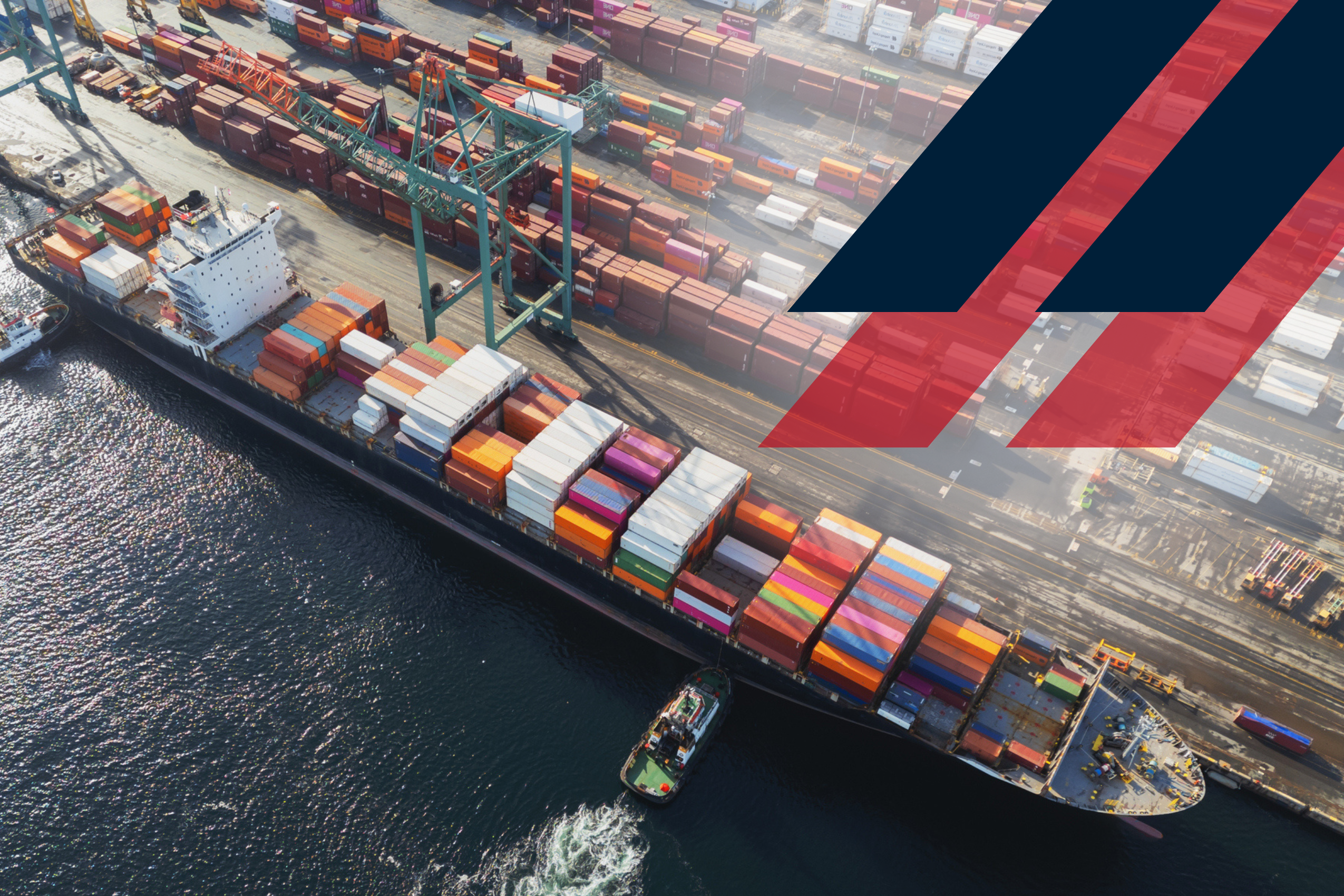What Tariffs Mean For You

When you hear the word “tariff,” it may sound like political jargon for economists and lawmakers to debate, not something that touches your daily life. The truth is, tariffs aren’t just headlines from Washington to Beijing. They shape the prices you pay at the store, the car you drive and even the food you put on the table.
In this Headlines and Fine Print episode, PACU President & CEO Dion Williams breaks down tariffs, why governments use them and how they ripple through our wallets and the broader economy.
What is a Tariff?
Simply put, a tariff is a tax imposed by a government on goods imported from other countries.
Think of it like a toll at the border. A company pays a fee to bring in materials or goods from abroad. As the fee makes the item more expensive, it encourages people to buy domestic goods instead, ultimately influencing trade..
The Headline: Governments Impose Tariffs, But Why?
Governments impose tariffs, but the “why” is where things get more complicated. For example, governments use tariffs for different reasons, including:
- Protecting domestic industries and jobs
- Using them as political leverage in trade negotiations
Sometimes, tariffs level the playing field against cheaper imports. Other times, they’re bargaining chips in global disputes.
Tariffs may protect domestic industries as they could level the playing field against less expensive foreign goods.
The Fine Print: Who Really Pays?
When tariffs increase, imported goods, like cars, electronics, and groceries, cost more. Companies that depend on foreign materials face higher costs, often trickling down to consumers.
Retaliation also plays a role. Other countries may respond with their own tariffs, making American-made goods more expensive abroad and hurting domestic exporters.
Tariffs: Good or Bad?
It depends on the eye of the beholder. Tariffs can be a lifeline to domestic manufacturers competing with less expensive imports. However, consumers or companies that rely on foreign goods can view tariffs as tax hikes.
Should You Change Your Purchasing Behavior?
When tariffs make headlines, thinking you should act fast is tempting. Do you rush out and buy a new car, fearing rising prices? Maybe if you were already in the market for a car and thinking about it, you might decide to buy sooner rather than later. But if you weren’t in the market for a vehicle and it wasn’t in your short-term plans, why make a reactionary, costly purchase?
The current housing market is in a similar situation. Mortgage rates have stayed high for a while, and people with low-interest mortgages aren’t eager to sell or move because they have a reasonable rate, which has led to supply problems in the market.
What about investments? Tariffs can be used as an economic tool, like buying low and selling high. This year alone, we’ve seen tariffs announced, retracted, and negotiated, and the cycle repeats. Markets often move faster than we can keep up with, so planning to follow the buy low, sell high trend doesn’t always work out well.
When facing economic uncertainty, stick to your financial basics:
- Contribute to your retirement plan as it is more crucial than trying to time the market.
- Build your emergency fund.
- Adjust daily spending when costs rise, like packing lunch or eating at home rather than ordering takeout, delaying big-ticket purchases if prices and rates are high.
There will always be ups and downs with rates and market corrections, but your habit of saving will pay off in the long run. The rest is just background noise.
Slow and steady wins the race, while constant changes can cause whiplash.
A Closer Look at Other Financial Topics
While this is a high-level look at tariffs, if you’d be interested in diving deeper into the subject, contact Dion at dion.williams@pacu.com. Check out past Headlines and Fine Print episodes on Spotify and YouTube.
Resources

Advantage Insights Blog
Here, you’ll learn more about who we are, what we do and why it matters to you.

YouTube Channel
Watch past webinars, roundtable discussions and podcast videos, all catalogued on our channel for your convenience.
Reach your financial goals
Our easy-to-use calculators can help you make the right financial decisions. Let us help you research.
Headquartered in Winston-Salem, North Carolina, and founded in 1949 within the aviation industry, Piedmont Advantage Credit Union (PACU) serves member-owners, who reside, work, worship, attend school or operate a business in one of the six counties it serves in North Carolina or who are employed by one of its many employer companies. These six counties are Davie, Forsyth, Guilford, Iredell, Mecklenburg and Rockingham.